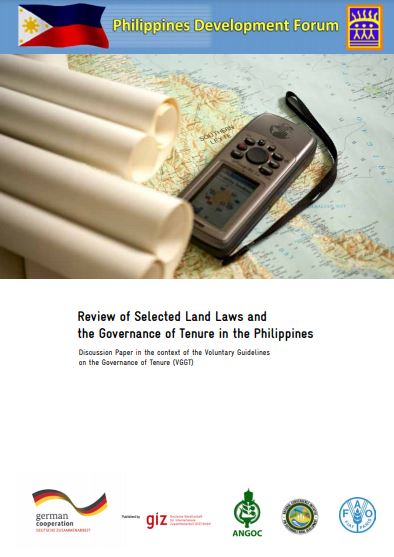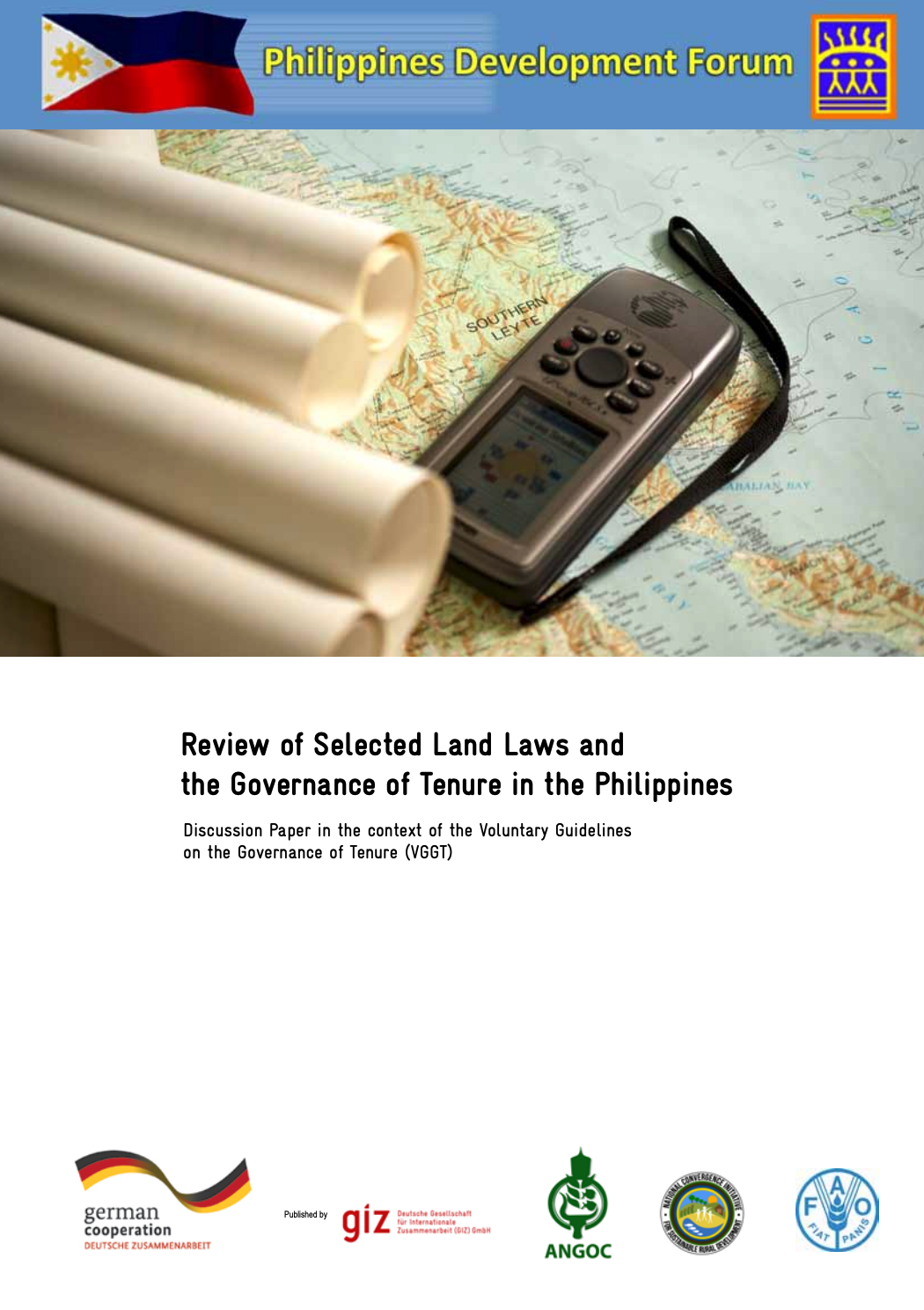Location
As a service provider in the field of international cooperation for sustainable development and international education work, we are dedicated to shaping a future worth living around the world. We have over 50 years of experience in a wide variety of areas, including economic development and employment promotion, energy and the environment, and peace and security. The diverse expertise of our federal enterprise is in demand around the globe – from the German Government, European Union institutions, the United Nations, the private sector, and governments of other countries. We work with businesses, civil society actors and research institutions, fostering successful interaction between development policy and other policy fields and areas of activity. Our main commissioning party is the German Federal Ministry for Economic Cooperation and Development (BMZ). The commissioning parties and cooperation partners all place their trust in GIZ, and we work with them to generate ideas for political, social and economic change, to develop these into concrete plans and to implement them. Since we are a public-benefit federal enterprise, German and European values are central to our work. Together with our partners in national governments worldwide and cooperation partners from the worlds of business, research and civil society, we work flexibly to deliver effective solutions that offer people better prospects and sustainably improve their living conditions.
Members:
Resources
Displaying 221 - 225 of 340Review of Selected Land Laws and the Governance of Tenure in the Philippines
This discussion paper on the “VGGT and National Policies on the Governance of Tenure”3
has
been commissioned by the Asian NGO Coalition (ANGOC) as a member of the Philippine
Development Forum – Working Group on Sustainable Rural Development (PDF-SRD).4 This
paper examines national policies as embodied in the 1987 Philippine Constitution and the
major land and natural resource laws passed by the Philippine legislature. This research is
Landscape Approaches. Adressing food security, climate change and biodiversity conservation in an integrated way
For generations, people have managed natural resources in such a way that their multiple needs for food, fibre, fodder, fuel, building materials, medicinal products and drinking water were largely fulfilled. Farming, livestock, forestry and fisheries systems have evolved, and been adapted to variable and changing environmental and socio-economic conditions. Not only natural factors, but also population growth or loss, tenure arrangements, labour availability, access to markets and economic growth, as well as cultural traditions and political strategies, have shaped landscapes over time.
Review of Selected Land Laws and the Governance of Tenure in the Philippines
The Voluntary Guidelines on Responsible Governance of Tenure of Land, Fisheries and Forests in the Context of National Food Security (VGGT), was developed under the Committee on World Food Security as a result of collaboration among different groups of stakeholders – governments, civil society, private sector, academia. The VGGT is intended to provide a framework for responsible tenure governance that supports food security, poverty alleviation, sustainable resource use and environmental protection.
Review of Selected Land Laws and the Governance of Tenure in the Philippines: Discussion Paper in the context of the Voluntary Guidelines on the Governance of Tenure (VGGT)
This paper examines Philippine policies on land and resource tenure as embodied in the 1987 Constitution and ten major laws on tenure, and then analyzes these policies in comparison to the Voluntary Guidelines, in order to identify areas of policy convergence, divergence and gaps.
Review of Selected Land Laws and the Governance of Tenure in the Philippines
This issue brief is an abridged version of the VGGT discussion paper, "Review of Selected Land Laws and the Governance of Tenure in the Philippines: Discussion Paper in the context of the Voluntary Guidelines on the Governance of Tenure (VGGT)" which analyzes Philippine policies on land and resource tenure (as embodied in the 1987 Constitution and ten major laws on tenure)






